Meta Description:
Discover why the Moroccan oil hair mask is a must-have for taming frizzy hair in humid climates. Learn about its benefits, expert opinions, and how to use it effectively for smooth, manageable hair.
Introduction
Humidity and hair don’t always get along. If you live in a humid climate, you know the struggle of keeping your hair frizz-free. The constant battle against frizz can be exhausting, and finding the right products to tame your mane is crucial. Enter the Moroccan oil hair mask – a game-changer for anyone looking to manage frizzy hair in humid conditions. But what makes this product so effective? Let’s dive in and find out.
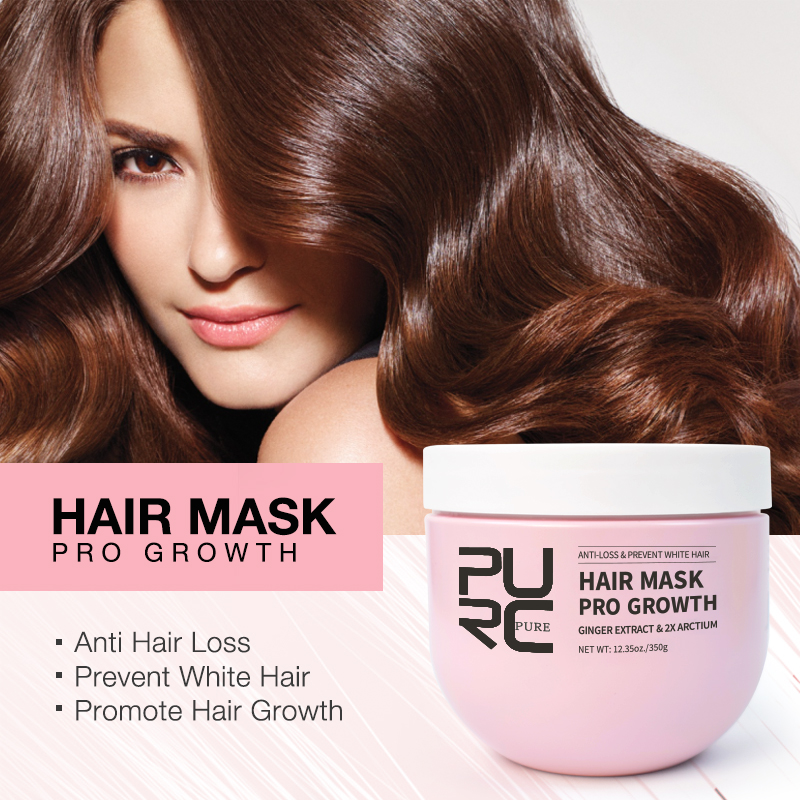
What is Moroccan Oil?
Moroccan oil, also known as argan oil, is derived from the kernels of the argan tree, which is native to Morocco. This precious oil has been used for centuries by Moroccan women for its numerous health and beauty benefits. The process of extracting argan oil is labor-intensive, involving the cracking of argan nuts to retrieve the kernels, which are then cold-pressed to produce the oil.
Key Components and Their Benefits:
Vitamin E: Nourishes and repairs damaged hair. This vitamin is known for its ability to promote healthy hair growth and improve the overall quality of hair strands.
Essential Fatty Acids: Provide deep moisture and improve elasticity. These fatty acids help to restore the lipid barrier of the hair, making it more resilient to environmental stressors.
Antioxidants: Protect hair from environmental damage. Antioxidants in argan oil help to neutralize free radicals, which can damage the hair and scalp.
Understanding Frizzy Hair
Frizz occurs when hair lacks moisture and the cuticle layer becomes raised, allowing moisture from the air to enter the hair shaft. This causes hair to swell and take on a frizzy appearance. Humidity exacerbates this condition, making it a constant struggle to keep hair smooth.
Causes of Frizzy Hair:
Lack of Moisture: Dry hair is more prone to frizz. When hair is dehydrated, it seeks moisture from the environment, leading to frizz.
Humidity: Moisture in the air disrupts the hair’s structure. In humid conditions, the excess water vapor in the air causes hair to swell and become frizzy.
Damage: Heat styling, chemical treatments, and over-brushing can all contribute to frizz. Damaged hair has a compromised cuticle layer, making it more susceptible to frizz.
Effects of Humidity on Hair:
Humidity causes hair to absorb moisture from the air, which leads to swelling of the hair shaft and disruption of the cuticle. This results in hair that looks frizzy, dull, and unmanageable. People with naturally curly or wavy hair are especially prone to frizz in humid conditions because their hair structure is more susceptible to moisture absorption.
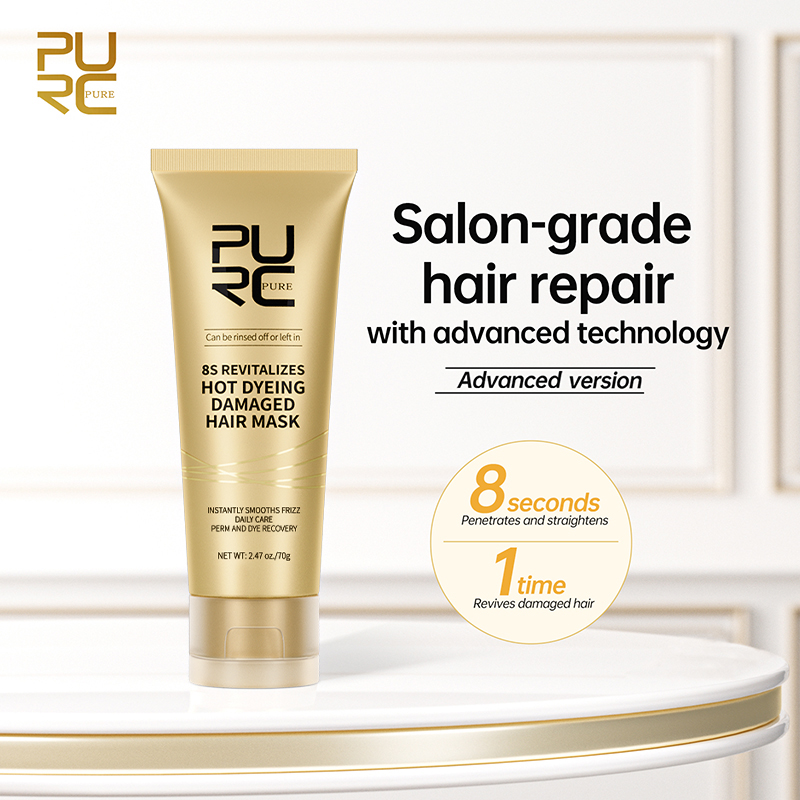
How Moroccan Oil Helps Tame Frizz
The moisturizing properties of Moroccan oil make it an ideal solution for frizzy hair. The oil penetrates the hair shaft, providing deep hydration and helping to smooth the cuticle. Unlike some other oils, Moroccan oil is lightweight and non-greasy, making it suitable for all hair types.
Anti-Humidity Benefits:
Moisture Retention: Moroccan oil locks in moisture, preventing hair from absorbing excess humidity. This helps to keep hair smooth and frizz-free even in the most humid conditions.
Smooth Cuticles: The oil smooths the hair cuticle, reducing frizz and giving hair a sleek appearance. A smooth cuticle layer reflects light better, giving hair a natural shine.
Comparison with Other Hair Oils:
Coconut Oil: Great for deep conditioning but can be too heavy for fine hair. Coconut oil is also solid at room temperature, which can make it difficult to apply evenly.
Jojoba Oil: Good for scalp health but not as effective at taming frizz in high humidity. Jojoba oil is similar in composition to the natural sebum produced by the scalp, but it doesn’t provide the same level of moisture retention as Moroccan oil.
Argan Oil (Moroccan Oil): Balanced hydration without weighing hair down, making it suitable for all hair types. It provides a perfect balance of moisture and protection, making it ideal for taming frizz and enhancing the overall health of hair.
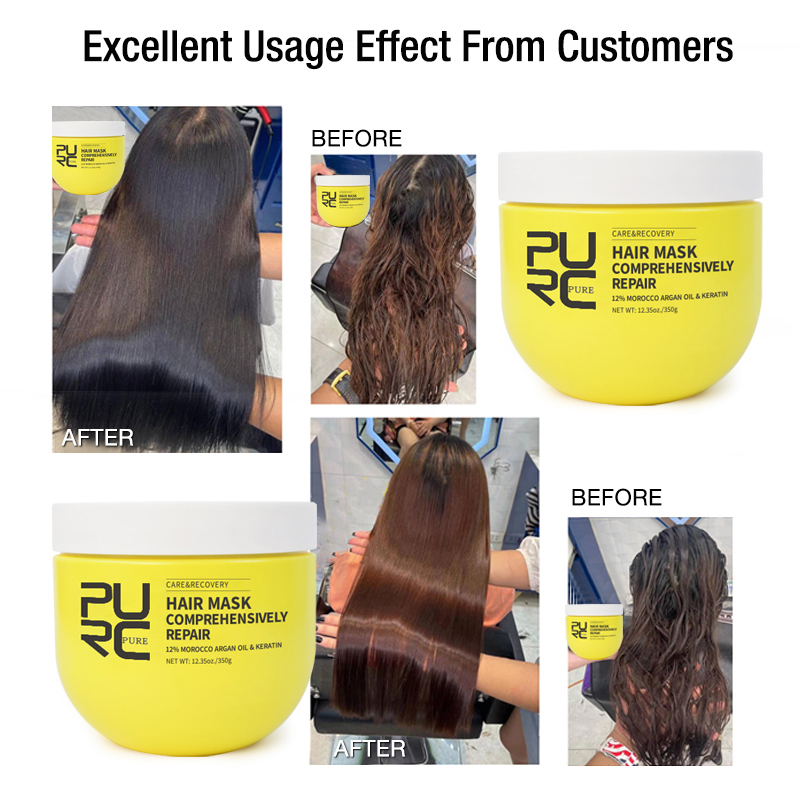
Deep Conditioning with Moroccan Oil Hair Mask
A Moroccan oil hair mask takes the benefits of argan oil to the next level by providing an intensive treatment that deeply conditions and repairs hair. This type of treatment is especially beneficial for those with dry, damaged, or frizzy hair.
Deep Conditioning Benefits:
Intense Hydration: Penetrates deeply to restore moisture. This helps to rejuvenate dry and brittle hair, making it softer and more manageable.
Damage Repair: Helps to repair split ends and strengthen hair. The nutrients in Moroccan oil help to rebuild the hair’s natural structure, reducing breakage and split ends.
Improved Elasticity: Makes hair more resilient and less prone to breakage. Improved elasticity means that hair can withstand styling and environmental stress without becoming damaged.
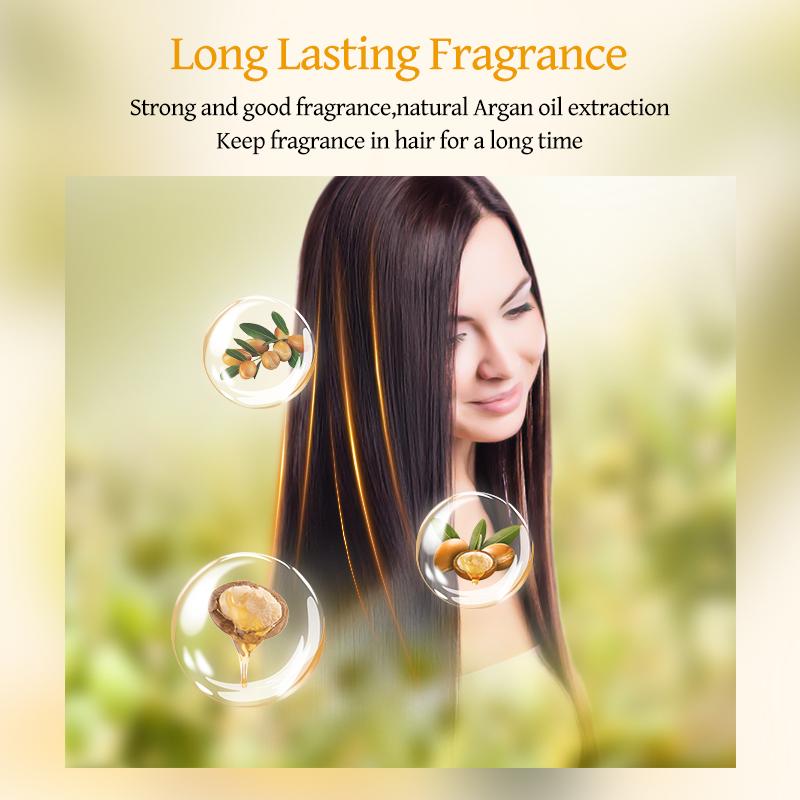
Frequency of Use for Best Results:
For best results, use the hair mask once a week. Adjust the frequency based on your hair’s needs – more frequent use for very dry or damaged hair, less often for normal hair. For extremely damaged hair, twice a week may be beneficial until hair health improves.
Expert Opinions and Testimonials
According to hair care experts, Moroccan oil is highly effective in taming frizz and providing lasting moisture. Celebrity hairstylist Sarah Smith notes, “Moroccan oil is a staple in my kit. It’s versatile, lightweight, and delivers incredible shine and smoothness.”
Dermatologist Dr. Jane Harris adds, “The antioxidants in Moroccan oil help protect hair from environmental damage, making it an excellent choice for maintaining healthy hair in challenging climates.”
Real-Life Testimonials:
Many users swear by Moroccan oil hair masks. Emma, a long-time user, shares, “I live in Florida, and the humidity here is no joke. The Moroccan oil hair mask has transformed my hair – no more frizz, just smooth, shiny locks.”
Another user, Lisa, says, “I’ve tried so many products, but nothing works like the Moroccan oil hair mask. It’s the only thing that keeps my hair looking good in the summer.”
Comparisons with Other Hair Treatments:
Compared to other treatments like keratin or chemical relaxers, Moroccan oil hair masks are natural and free from harsh chemicals, making them a safer option for long-term use. Keratin treatments can provide long-lasting frizz control, but they often contain formaldehyde, a known carcinogen. Chemical relaxers can permanently alter the hair structure, which can lead to damage and breakage over time. In contrast, Moroccan oil hair masks provide a natural, gentle alternative that nourishes and protects hair without causing harm.
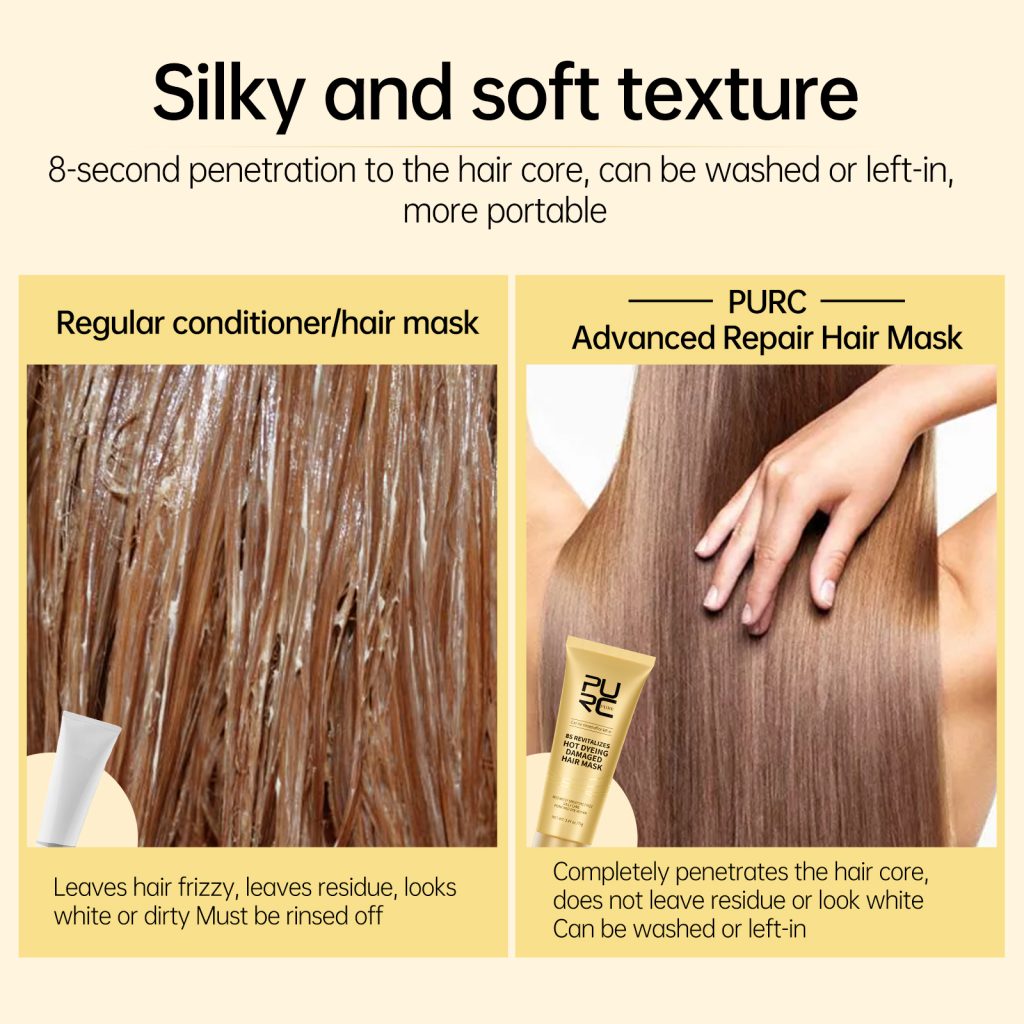
How to Use Moroccan Oil Hair Mask Effectively
To get the most out of your Moroccan oil hair mask, follow these steps:
1. Wash Your Hair: Start with clean, towel-dried hair. Use a gentle, sulfate-free shampoo to avoid stripping your hair of natural oils.
2. Apply the Mask: Take a generous amount and distribute it evenly from mid-length to ends. Avoid applying the mask to your roots unless your scalp is extremely dry.
3. Comb Through: Use a wide-tooth comb to ensure even coverage. This helps to distribute the product evenly and detangle hair.
4. Let It Sit: Leave the mask on for 5-10 minutes for a quick treatment, or up to 20 minutes for deeper conditioning. For maximum benefits, cover your hair with a shower cap and apply heat using a hairdryer.
5. Rinse Thoroughly: Rinse with lukewarm water to remove all product residue. Make sure to rinse well to prevent any product buildup, which can weigh down hair.
Tips for Maximizing Benefits:
Use Heat: For deeper penetration, cover your hair with a shower cap and apply heat using a hairdryer. The heat helps to open the hair cuticle, allowing the mask to penetrate more deeply.
Consistency: Regular use yields the best results. Incorporate the hair mask into your weekly hair care routine for ongoing benefits.
Avoid Roots: Focus on the mid-lengths and ends to avoid weighing down your hair. The roots produce natural oils, so they don’t need as much additional moisture.
Common Mistakes to Avoid:
Overuse: Too much product can make hair greasy. Use the recommended amount to avoid weighing down your hair.

Skipping Comb Through: Ensures even application and better results. Skipping this step can lead to uneven distribution and less effective conditioning.
Rinsing with Hot Water: Can strip the hair of moisture. Always rinse with lukewarm water to maintain moisture balance.
Conclusion
In conclusion, the Moroccan oil hair mask is an essential tool for anyone dealing with frizzy hair in humid climates. Its unique properties provide deep hydration, repair damage, and protect against humidity, making it a must-have in your hair care arsenal. Whether you’re battling the humidity of a tropical climate or simply looking for a way to keep your hair smooth and manageable, Moroccan oil hair masks offer a natural, effective solution. Give it a try and experience the difference for yourself!
Ready to transform your hair? Visit Bonnieco Beauty to purchase your Moroccan Oil Hair Mask today and say goodbye to frizz for good!



